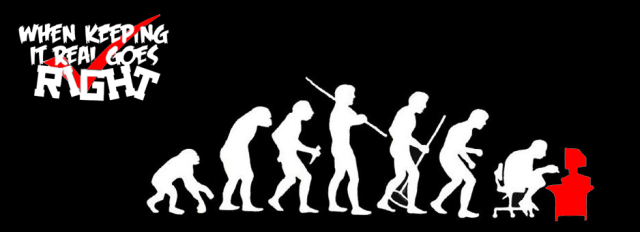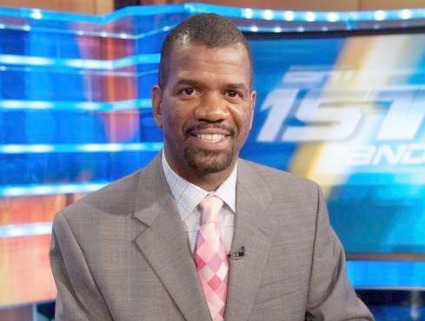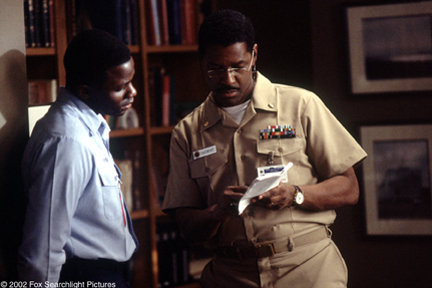The Soundtrack to My Life penned by Garfield Hylton, the author of Real Goes Right, is a memoir tracing his significant life experiences, especially those experiences related to intimate relationships, friendships, college, and blog writing. This memoir, which is an e-book, is approximately 55 pages with 11 chapters. Hylton is an African American male lawyer and freelance writer.
As a reader who likes to experience a book before someone tells me about it, I avoid reading book reviews until I’ve read the book. Many book reviews in their attempt to provide the reader with an insightful summary of the works they cover can spoil your reading experience: they give away too much. In my appraisal of this book, I make a solemn attempt not to spoil it for you by doing a great detail of summarization. I will not offer a chapter-by-chapter analysis of the book.
From the Prologue of the work, the reader has an opportunity to learn it’s an outgrowth of Hylton’s longing to give the readers of his blog more of an understanding about the man behind the blog. The writer never wastes the reader’s time. Each paragraph and chapter is meaningful. Throughout the book, one will appreciate the brilliant Hip-Hop artworks that serve as excellent backdrops that are not only beautiful but also offer substantive contextualization of the book’s content. Hylton is heavily influenced by Hip-Hop and he does a masterful job of incorporating it.
The first chapter of the book presents the author’s first experience falling in love. He shares the excitement and pain resulting from his first love, which occurs during his first year of college. This chapter is essential reading, considering America is rarely exposed to hearing and reading Black men speak and write in nuanced ways about their intimate relationships. Black men’s narratives about their relationships are often told through a white voice—usually a white voice misrepresenting black men’s stories. During his freshmen year, his evaluation of women focused predominantly on their physical composition. He fell almost instantly in love with his first love without even knowing who she really was. Chapter 1 reveals the impact this relationship would have on future relationships: sometimes no impact and sometimes a “catastrophic” impact.
One of the typical limitations of reading a memoir or any autobiographical work of someone who is not famous or well-known is the reader is left with an unsatisfying feeling about the value of having read the work; that is, the reader is often left thinking “so what?” This is not the case with The Soundtrack to My Life. Hylton does enough critical evaluation of his experiences that readers are able to see how his experiences can help to shed light on their own experiences, and his serious assessments of his experiences permit readers to avoid his pitfalls.
The author explains the potent influence the absence of his father in his life has had on him. Unfortunately, too many black males have had to grow up without their fathers being in the home and active in their lives. One thing I value most about Hylton’s statements about the absence of his father in his life is he does not lie and say his absence has been inconsequential; it has been quite consequential.
My greatest disappointment with the book is it’s too short. I wanted to read more of each chapter but each chapter would end too soon. Many postmodern readers, however, love to read shorter works because they have distinctively shorter attention spans than readers in any other historical epoch. The author probably recognizes this reality and constructed the book accordingly.
The Soundtrack to My Life is truly engaging, insightful and authentic. I highly recommend this book and it’s worth every minute you consume reading it.
Antonio Maurice Daniels
University of Wisconsin-Madison




